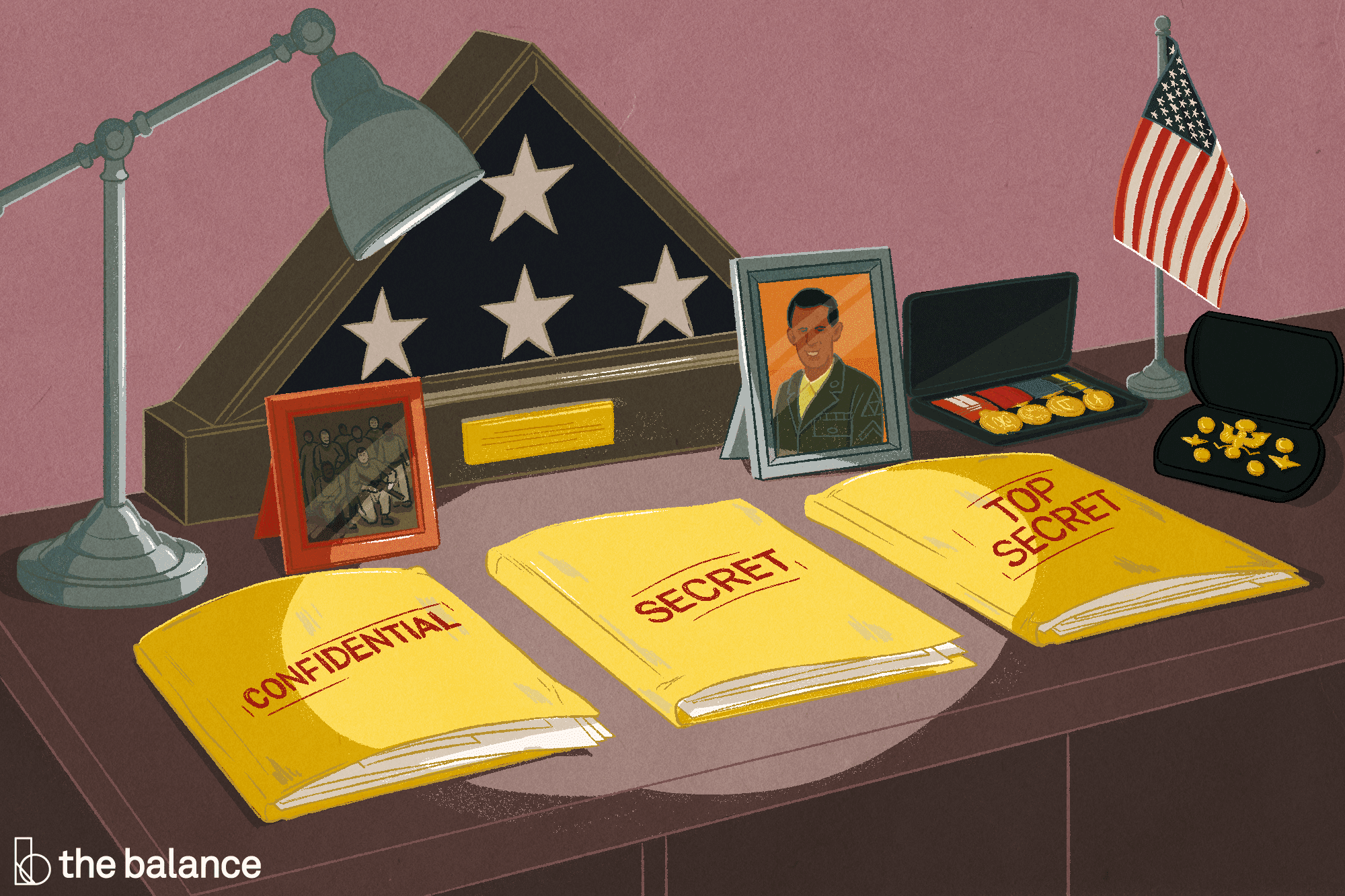Each December, I post a summary of the 10 best books I read that year. Without further ado, and in no particular order, here are 10 game changing books that I was blessed to read in 2016:
1. Managing One’s Self
In Managing Oneself, Peter Drucker explains how to do it. The keys: Cultivate a deep understanding of yourself by identifying your most valuable strengths and most dangerous weaknesses; Articulate how you learn and work with others and what your most deeply held values are; and Describe the type of work environment where you can make the greatest contribution. Only when you operate with a combination of your strengths and self-knowledge can you achieve true and lasting excellence. Managing Oneself identifies the probing questions you need to ask to gain the insights essential for taking charge of your career.
2. Getting More: How to Negotiate to Achieve Your Goals in the Real World
This new model of human interaction has been chosen by Google to train the entire company worldwide (30,000 employees), is the #1 book for your career chosen by The Wall Street Journal’s website, and is labeled “phenomenal” by Lawyers’ Weekly and “brilliant” by Liza Oz of the Oprah network. Based on more than 20 years of research and practice among 30,000 people in 45 countries, Getting More concludes that finding and valuing the other party’s emotions and perceptions creates far more value than the conventional wisdom of power and logic. It is intended to provide better agreements for everyone no matter what they negotiate – from jobs to kids to billion dollar deals to shopping.
3. The Art of Thinking Clearly
The Art of Thinking Clearly by world-class thinker and entrepreneur Rolf Dobelli is an eye-opening look at human psychology and reasoning — essential reading for anyone who wants to avoid “cognitive errors” and make better choices in all aspects of their lives. Have you ever: Invested time in something that, with hindsight, just wasn’t worth it? Or continued doing something you knew was bad for you? These are examples of cognitive biases, simple errors we all make in our day-to-day thinking. But by knowing what they are and how to spot them, we can avoid them and make better decisions.
4. Nothing is True and Everything is Possible
In the new Russia, even dictatorship is a reality show. Professional killers with the souls of artists, would-be theater directors turned Kremlin puppet-masters, suicidal supermodels, Hell’s Angels who hallucinate themselves as holy warriors, and oligarch revolutionaries: welcome to the glittering, surreal heart of twenty-first-century Russia. It is a world erupting with new money and new power, changing so fast it breaks all sense of reality, home to a form of dictatorship—far subtler than twentieth-century strains—that is rapidly rising to challenge the West. When British producer Peter Pomerantsev plunges into the booming Russian TV industry, he gains access to every nook and corrupt cranny of the country. He is brought to smoky rooms for meetings with propaganda gurus running the nerve-center of the Russian media machine, and visits Siberian mafia-towns and the salons of the international super-rich in London and the US. As the Putin regime becomes more aggressive, Pomerantsev finds himself drawn further into the system.
5. The Startup Owner’s Manual: The Step-By-Step Guide for Building a Great Company
More than 100,000 entrepreneurs rely on this book for detailed, step-by-step instructions on building successful, scalable, profitable startups. The National Science Foundation pays hundreds of startup teams each year to follow the process outlined in the book, and it’s taught at Stanford, Berkeley, Columbia and more than 100 other leading universities worldwide. Why? The Startup Owner’s Manual guides you, step-by-step, as you put the Customer Development process to work. This method was created by renowned Silicon Valley startup expert Steve Blank, acknowledged catalyst of the “Lean Startup” movement, and tested and refined by him for more than a decade.
6. As a Gentleman Would Say: Responses to Life’s Important (and Sometimes Awkward) Situations
On any given day, a man is faced with situations that demand a response. He runs into a friend who was recently fired . . . His date can’t seem to pry herself away from a texting conversation during dinner . . . Someone at his gym routinely monopolizes the equipment . . . He finds himself in a nearly unintelligible conversation with a client who has a thick foreign accent. In each of these scenarios, there are distinct responses that can determine the outcome―for better or worse. Knowing what to say is essential, because regardless of how many doors he opens or how often he remembers to bring a bottle of wine for the hostess, a gentleman’s reputation is often established on his ability to communicate. In this updated version of As a Gentleman Would Say, John Bridges and Bryan Curtis offer simple reminders and new ideas for any man who is eager to navigate the obstacle course of his own words.
7. Phishing for Phools: The Economics of Manipulation and Deception
Ever since Adam Smith, the central teaching of economics has been that free markets provide us with material well-being, as if by an invisible hand. In Phishing for Phools, Nobel Prize-winning economists George Akerlof and Robert Shiller deliver a fundamental challenge to this insight, arguing that markets harm as well as help us. As long as there is profit to be made, sellers will systematically exploit our psychological weaknesses and our ignorance through manipulation and deception. Rather than being essentially benign and always creating the greater good, markets are inherently filled with tricks and traps and will “phish” us as “phools.”
8. As a Man Thinketh
As a masterful guide to successful thinking and living, James Allen inspires and guides those who need to rethink their direction and success in life. His proven thinking skills have helped empower millions of people for well over a century. As a Man Thinketh is the most powerful motivational essay on the power of thought. James Allen has made the book simple so that all can easily grasp and follow its teachings and put into practice the methods which it advises. It shows how, in his own thought-world, each man holds the key to every condition, good or bad, that enters into his life, and that, by working patiently and intelligently upon his thoughts, he may remake his life, and transform his circumstances.
9. Other People’s Money: The Real Business of Finance
John Kay, with wide practical and academic experience in the world of finance, understands the operation of the financial sector better than most. He believes in good banks and effective asset managers, but good banks and effective asset managers are not what he sees. In a dazzling and revelatory tour of the financial world as it has emerged from the wreckage of the 2008 crisis, Kay does not flinch in his criticism: we do need some of the things that Citigroup and Goldman Sachs do, but we do not need Citigroup and Goldman to do them. And many of the things done by Citigroup and Goldman do not need to be done at all. The finance sector needs to be reminded of its primary purpose: to manage other people’s money for the benefit of businesses and households. It is an aberration when the some of the finest mathematical and scientific minds are tasked with devising algorithms for the sole purpose of exploiting the weakness of other algorithms for computerized trading in securities.
10. Open Source Intelligence Techniques: Resources for Searching and Analyzing Online Information
Investigators, intelligence analysts, and others who need to extract powerful, freely-available data from the Internet, should check out this book. It’s packed with explicit detail, including links, examples, and practical exploitation methods that give the reader significant new strengths in extracting open source intelligence (OSINT). The methods Bazzell reveals are legal but unknown to most. I’m confident that most of the techniques Bazzell reveals are not well known to the investigative community at large. These are techniques that aren’t widely taught — insider methods — usually restricted to seminars led by a handful of top specialists who are recognized leaders in OSINT research.
Send me a message and let me know what you think (or thought) about any of the above books!












